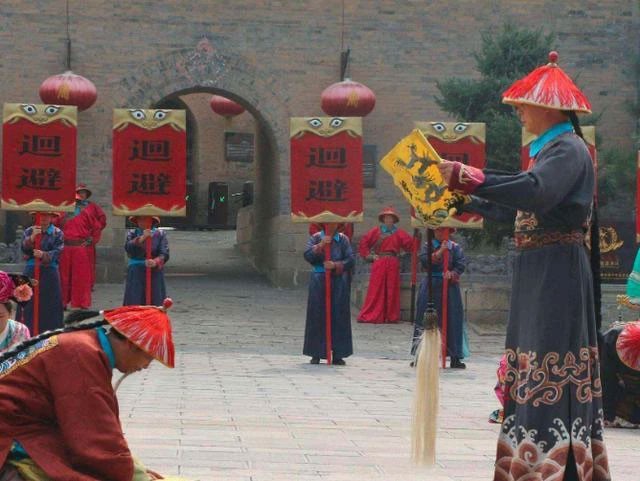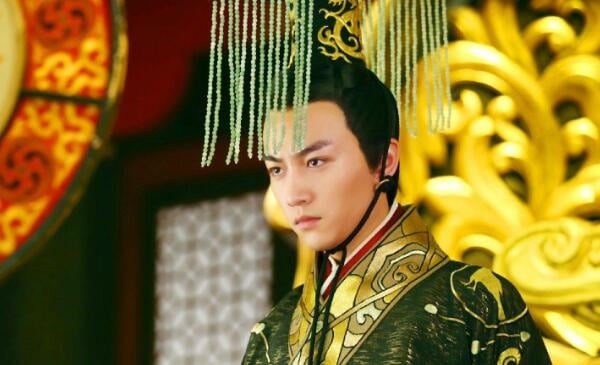Ancient people had to bow down and thank the king when granted death
In ancient times, if the emperor granted death to someone, that person had to show gratitude. In fact, this is a part of history, not a joke. Usually, when the emperor grants death to someone, that person has to express gratitude. For example, during the Tang Dynasty, Liu Yi Zhi was ordered by Emperor Wu Zhou to “die at home”. Not only showing gratitude, Liu Yi Zhi also wrote a letter to express his gratitude.
This may sound extravagant but there are practical reasons to thank the king. First, if not grateful, the person could anger the emperor, making the situation worse. In ancient times, the power of the emperor was enormous. Not obeying orders and showing gratitude could lead to serious consequences, such as the execution of the entire family.

Secondly, it may sound strange, but in the old days, granting death was considered a special privilege. Although it is a form of execution, people in ancient times saw it as a privilege only for the nobility, high-ranking officials, and concubines, not for everyone. Despite being executed, if granted death, the person had the choice between suicide or taking medicine. This not only preserved their dignity but also helped them remain intact. On the other hand, being executed publicly would result in loss of dignity and a mutilated body. Thus, being granted death by the king can be considered a privilege.
In general, the person being granted death, although not happy or willing to die, still had to consider their family. They were obliged to express gratitude to their superiors. Furthermore, in ancient society, kings and emperors were seen as deities, with the power of life and death. Those being granted death had to not only accept but also express thanks.
The position of the king in feudal times
According to the Nho philosophy, the Supreme Being is regarded as God, and the king is the representative of the Supreme Being, or the representative of God in ruling all aspects of people’s lives from economics, politics, culture, to other areas of life, or generally “acting as God” and at the same time representing the people before the Supreme Being. All orders of the king follow the “Decree of Heaven”, so in the official documents transmitted by the king, there are often phrases like “respecting the will of Heaven, the emperor’s decree…”. Therefore, subjects are obliged to strictly adhere to and obey the king’s intentions. In addition, the king also held ceremonies to pray to Heaven for favorable weather, bountiful harvests, and the people’s well-being.

The position and function of being a king are pre-determined by Heaven, chosen by Heaven among its own people to entrust the mandate to the Celestial Ruler, similar to a “delegation” from Heaven. But the mandate given by Heaven to the king is not permanent, if the king goes against the will of the people, becomes brutal and neglects the care of the people, Heaven will withdraw the mandate, cancel its delegation and give this throne to someone else with talent and virtue, winning the hearts of the people through the overthrow of the former king.
With this position, the king stands under an invisible but supernaturally powerful entity, which is Heaven, and stands above the people. In the country, officials are the king’s servants, the strong arms that help the king in various fields to govern their people. The people are subjects of the king, the king is at the top of the hundreds of millions of people, all rivers and mountains are part of the king’s domain.


































